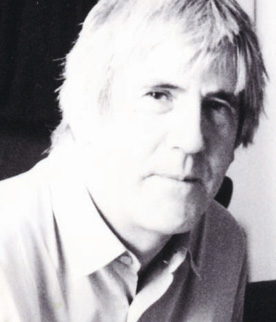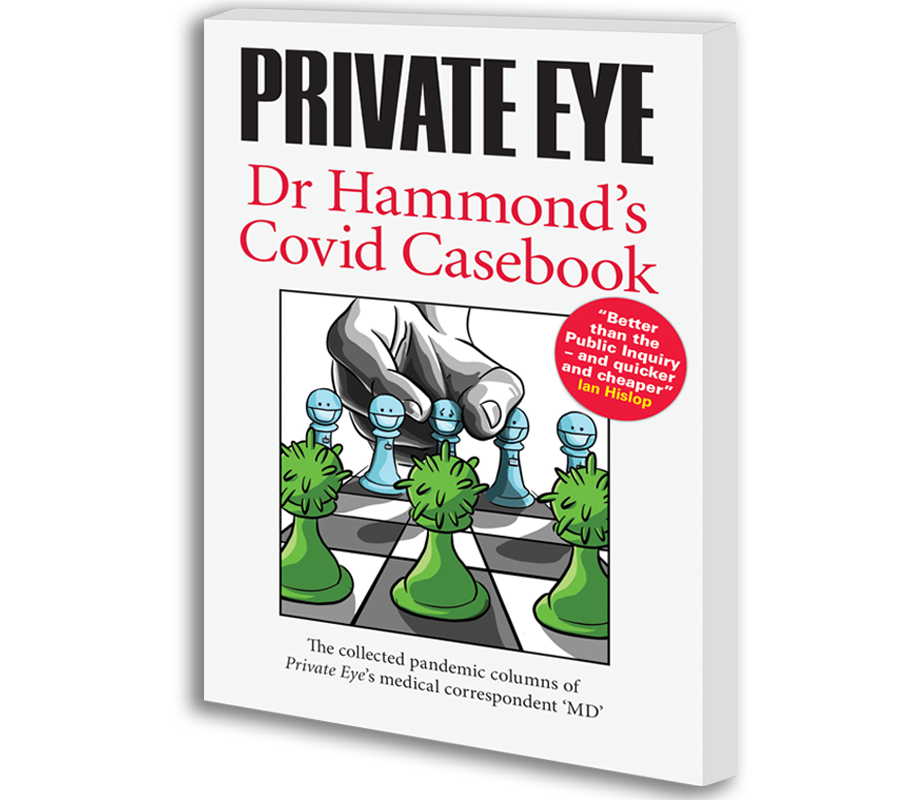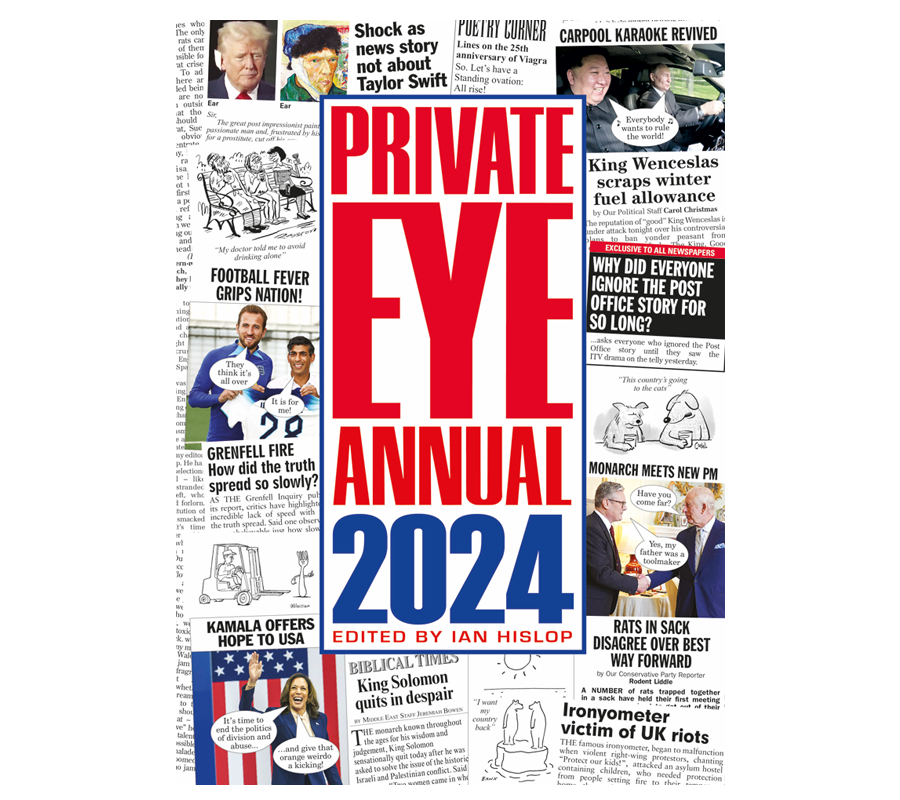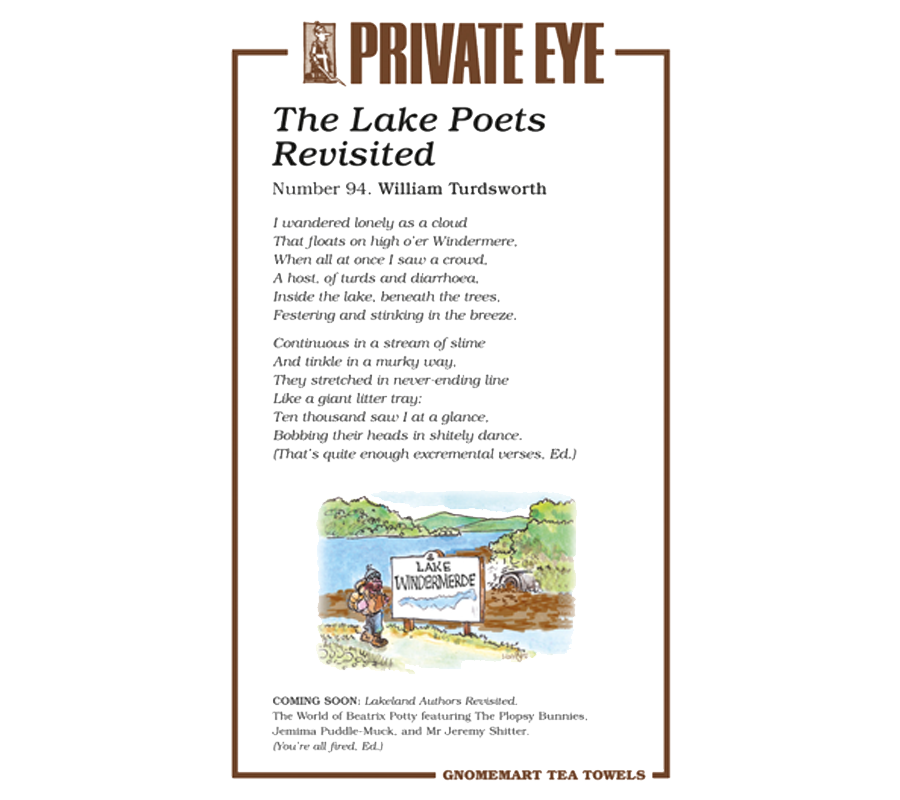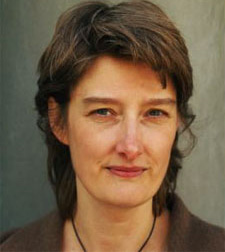
Various publications
End Child Detention Now
THE Paul Foot Award for Campaigning Journalism 2010, worth £5,000, has been won by Clare Sambrook for her investigating, reporting and campaigning against the government policy of locking up asylum-seeking families in conditions known to harm their mental health, and scrutinising the commercial contractors who run the detention centres for profit.
During the ceremony at BAFTA in Piccadilly on 2 November, a Special Lifetime Campaign Award of £2,000 was also presented to Eamonn McCann for his 40 years of campaigning journalism on behalf of the victims of Bloody Sunday.
"This has been a terrific year for Foot-style journalism," said Ian Hislop, the editor of Private Eye and one of the judges. "Paul would have been delighted by the longlist, shortlist and winner."
Each of the runners-up on the shortlist received £1,000. These were, in alphabetical order:Jonathan Calvert and Clare Newell (Sunday Times) on MPs and peers seeking cash for influence ("I'm like a cab for hire" – Stephen Byers)
David Cohen (Evening Standard) on the plight of the poor in London, including children's poverty and the continuing existence of paupers' graves in the capital
Nick Davies (Guardian) on phone-hacking conducted by the News of the World when Andy Coulson, now the government's director of communications, was editor
Linda Geddes (New Scientist) on evidence that DNA tests are not always accurately interpreted
The Paul Foot Award Winner 2010
Clare Sambrook
Various publications
End Child Detention Now
CLARE SAMBROOK was inspired by the appalling damage being done by the child detention policy, and by the government’s intransigence in the face of strong medical evidence of harm.
Clare investigated, reported and campaigned against the government policy of locking up asylum-seeking families in conditions known to harm their mental health. She scrutinised the commercial contractors who run the detention centres for profit, and she also raised awareness and promoted empathy through public letters signed by well-loved artists.
Her investigative stories have exposed the UK Border Agency official Dave Wood’s misleading of the Home Affairs select committee to undermine medical evidence of harm to children at the Yarl’s Wood detention centre. Wood told MPs that medical researchers had failed to discuss their research with the agency and Yarl’s Wood staff. Clare managed to track down the Home Office documents detailing the discussions that had taken place, published articles on Wood’s lies (in openDemocracy, guardian.co.uk and Private Eye) and on their repetition (in oD) by minister Meg Hillier.
Writing in guardian.co.uk, Clare exposed Home Office attempts to undermine the Children’s Commissioner’s final report on Yarl’s Wood by misrepresenting his findings in an unattributable briefing.
In openDemocracy Clare has exposed the practice of classifying unaccompanied children as adults, highlighting the laughable – if it were not so terrible – case of 14-year-old Boy M, classified as a grown-up, locked up in padded clothing, held with adult men, and scheduled for removal even though his bigger, older brother Boy Z had been acknowledged by the Home Office to be just 17.
In a series of articles for Private Eye and openDemocracy, Clare has exposed the cosy relationship between the government, civil servants and the security companies who run the detention centres for profit.
Beyond her own articles, through researching, writing, ghosting, dreaming up stunts, press-releasing and guiding into print, Clare has been able to generate reporting and comment in openDemocracy, the Observer, the Daily Telegraph, the Independent, the Guardian, Community Care, Big Issue In The North, Morning Star, Counterfire, Nursery World, Private Eye and many other outlets.
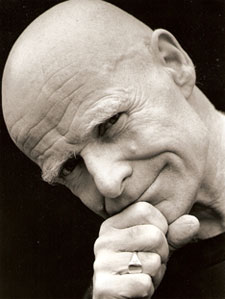
Eamonn McCann
The Irish Times, The Belfast Telegraph and The Guardian
Bloody Sunday
EAMONN McCANN has been using his journalism to campaign for justice for the Bloody Sunday families for almost 40 years. The publication of the Saville Report in June marked a victory for the families, a victory of which McCann was very much a part.
In February 1972, within a month of the killings, McCann published the first pamphlet on Bloody Sunday, “What happened in Derry”. Throughout the 1970s, 1980s and 1990s he wrote about the injustice of Bloody Sunday whenever he got the opportunity.
In the run-up to 1992, the 20th anniversary of the massacre, McCann made a proposal to the families for a book to mark the occasion. The publication of Bloody Sunday in Derry: What Really Happened was crucial in helping to bring together all the Bloody Sunday families for the first time into a single campaign.
Throughout the 1990s McCann wrote constantly about Bloody Sunday, ensuring that every new piece of evidence about what had happened on the day and in the course of the subsequent cover-up was analysed and publicised. He wrote in the local Derry papers, in the Belfast Telegraph, the Irish Times, the Sunday Tribune, in the London Independent, the Guardian, the Observer – anywhere he could place a story.
With the announcement of the Saville Tribunal, McCann’s writing on Bloody Sunday came into its own. While other journalists focused only on the evidence of the more high-profile witnesses, McCann attended almost every day of the tribunal. He attended the hearings in London’s Central Hall, paying his own costs to travel to and from London and staying with family while there. He wrote a weekly analysis for the Sunday Tribune in Dublin, and covered the proceedings daily for the Irish commercial radio station Today FM, as well as contributing articles to the Guardian, Observer, Irish Times, Irish Mirror and Irish Daily Mail.
McCann’s campaigning journalism is very much in the spirit of Paul Foot’s – meticulously researched, intelligent, persistent, consistent, unrelenting, beautifully written and a thorn in the establishment’s side.
The Paul Foot Award Runner Up 2010
Jonathan Calvert and Clare Newell
The Sunday Times
Financial corruption in parliament – cash for influence
FOLLOWING the MPs’ expenses scandal, the Sunday Times Insight team has continued to keep the spotlight on financial corruption within parliament. The three most prominent articles from this campaign over the past year were the investigation into Lord Taylor of Warwick, which resulted in the peer being charged with fraud; the Lord Paul exposé which led to his suspension from parliament; and the cash-for-influence scandal (in collaboration with Channel 4’s Dispatches) which caught ex-ministers offering political favours to a fake lobbyist in return for cash and provided that memorable quote from Stephen Byers: “I’m like a cab for hire”.
By last autumn the police investigation into Lord Taylor had stalled. But Insight revealed in December that he had fraudulently claimed thousands of pounds by using someone else’s address pretending it was his main home. Insight further discovered that in October, the multimillionaire Lord Paul had claimed £38,000 by saying a one-bedroom flat occupied by the manager of one of his hotels was his “main home”.
The third submission, the cash-for-influence scandal, then dominated the headlines in late March, giving new meaning to the term Buyers & Sellers.
The Paul Foot Award Runner Up 2010
David Cohen
Evening Standard
The Dispossessed
THE Standard’s dispossessed campaign had three distinct phases, the first being a five-day series focusing on poverty in London today. It revealed that four in ten children in the capital are living in poverty and exposed the continued existence of mass paupers’ graves.
Following this, Cohen showed that more than 1,000 communal burials had taken place in London in the past three years and that, unbeknown to parents, some babies were being buried in mass graves of up to 30 bodies.
The final phase of the campaign saw the launch of the Dispossessed Fund, the idea being to raise at least £1m from the private sector. Crucially the paper had secured a promise from government to match whatever they raised. The money is to be distributed to grassroots charities tackling poverty.
The Paul Foot Award Runner Up 2010
Nick Davies
The Guardian
Phone hacking at the News of the World
IN July 2009 the Guardian published a front-page story which began to disclose the well-concealed truth about an extraordinary scandal. Since then, it has published a string of stories revealing internal paperwork from the News of the World. The rest of Fleet Street has continued to ignore the story.
The original story reached back to a one-day court hearing in January 2007 in which one private investigator and one journalist admitted to illegally intercepting the voicemail messages of eight people. This version had been endorsed by the Murdoch newspaper group who employed the journalist; by the Metropolitan police; by the Press Complaints Commission; and by the then editor of the offending paper, Andy Coulson, who had announced his complete ignorance of this “rogue reporter’s behaviour”.
But the Guardian disclosed that the News of the World had just paid out more than £1m to suppress a legal action which had threatened to reveal that a series of private investigators had been hired by Murdoch journalists to use illegal methods against thousands of public figures – a picture of systematic crime which had escaped the notice of the Murdoch Group, the police, the PCC and Andy Coulson, who was by now working for the leadership of the Conservative party.
The Paul Foot Award Runner Up 2010
Linda Geddes
New Scientist
The truth about DNA
DNA is considered the gold standard in forensic science; and recent reports highlighting some of the failings in other forensic disciplines, such as fingerprints and bite-mark analysis, have only confirmed DNA analysis as the way forensic science should be practised.
Mock trials show that jurors are more likely to convict when presented with DNA evidence than with other kinds of evidence. And DNA profiling is generally viewed as objective, reliable and scientific. But is it infallible? And if not, could the growing reliance on DNA analysis trigger the same sort of miscarriages of justice that have clouded the reputations of other forensic disciplines?
Linda Geddes has investigated whether the interpretation of DNA profiles is truly objective, or whether subjectivity and bias could be an issue in certain cases. Although the potential for subjectivity in DNA analysis has been raised by defence lawyers and several prominent academics in recent years, this is the first attempt to actually quantify it in any formal way.
By demonstrating that DNA interpretation is subjective, she has shown that the difference between prison and freedom could rest on the opinions of a single individual. Her investigation has profound implications for criminal justice worldwide.
The Paul Foot Award Longlist 2010
Also highly commended from the longlist were Andrew Gilligan (Sunday Telegraph) on the fundamentalist infiltration of Tower Hamlets; Nina Lakhani (Independent on Sunday) on the fate of NHS whistleblowers; Sean O'Neill and David Brown (Times) on the failure of Ealing Abbey to protect children from a known paedophile priest; and Robert Verkaik (Independent) on events at Guantanamo Bay.
The award was set up by Private Eye and the Guardian newspaper in memory of Paul Foot, the campaigning journalist who died in 2004. Chairman of the judges Brian MacArthur, who read all the original entries and selected the longlist for the panel of judges to consider, said: "It is always a cheering experience, giving the lie to any impression that investigative journalism is no longer so important to contemporary editors as it was.
"One pleasure is the unexpected entries: it isn't only the big beasts who impress. There was a creditable entry from Horse and Hound on equine cruelty, for instance, another from John Hoyte's website exposing the threat to airline passengers from aerotoxic fumes. And investigative reporters still flourish on regional evenings and weeklies."
The judges for this year's award were: Heather Brooke, Clare Fermont, Bill Hagerty, Ian Hislop, Brian MacArthur (chair) and Katharine Viner.










